Used throughout industry and on a wide range of applications, flexible couplings are ideal for demanding applications. They are considered less expensive when compared to other types of coupling with similar torque capabilities. Flexible couplings are also maintenance-free and don’t require lubrication.
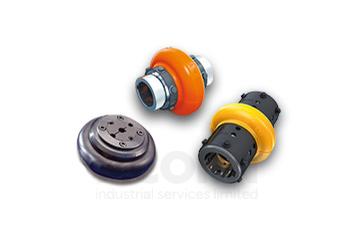
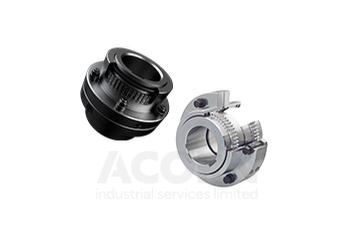
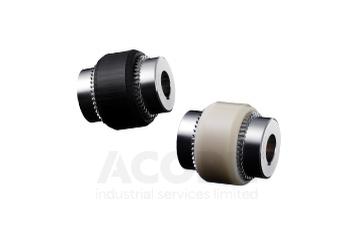
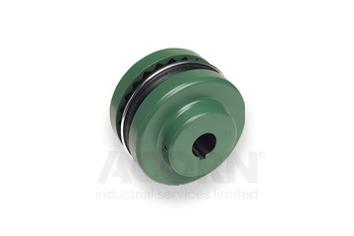
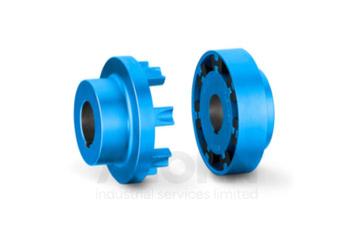
Elastomer Couplings: These couplings use an elastomeric element to absorb shock and vibration, allowing for misalignment between connected shafts. The elastomer is typically made of polyurethane and is bonded to a corrosion-resistant shoe, eliminating the need for mechanical clamping hardware.
PENCOflex Couplings: These elastomer couplings are available in various sizes and hub types, accommodating different shaft gaps and providing flexibility in installation.
SURE-flex Couplings: These couplings offer a range of machining options, including straight bore, taper bore, and keyway types. They are designed to balance according to ISO standards and are suitable for high-speed applications
At Acorn Industrial Services, we offer a diverse range of flexible couplings tailored for motor applications, ensuring that your machinery operates efficiently and reliably. Whether you’re working with electric motors in manufacturing or heavy-duty engines in industrial settings, our experts can guide you in selecting the perfect coupling to match your needs.
Flexible couplings are an indispensable component in many industrial applications, offering numerous benefits that contribute to the smooth and efficient operation of machinery. Here are some of the key advantages of using flexible couplings:
Absorbs Impacts: Reduces wear and tear on machinery.
Dampens Vibrations: Ensures smoother operation and reduces noise.
Cushions Shock Loads: Protects machinery from sudden shocks.
Maintenance-Free: Reduces downtime and maintenance costs.
Cost-Effective: More affordable compared to other types of couplings with similar torque capabilities.
At ACORN industrial services, our offerings extending beyond just flexible couplings. We are committed to providing other couplings & drives products to meet your industrial needs:

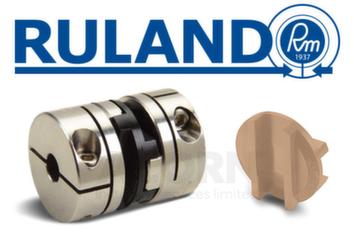
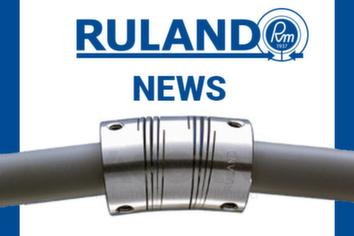
Flexible couplings are mechanical devices used to connect two rotating shafts while accommodating misalignment and absorbing shocks and vibrations. They are designed to transfer torque from one shaft to another, ensuring smooth and efficient operation of machinery.
Choosing the right flexible coupling involves considering factors such as torque requirements, misalignment accommodation, and environmental conditions. Our experts can help you select the best coupling for your needs.
Flexible couplings can accommodate various types of misalignment, including angular, parallel, and axial, ensuring smooth operation even when shafts are not perfectly aligned.
Flexible couplings are typically made from materials like rubber, urethane compounds, and metal composites, chosen for their durability and ability to handle specific operating conditions.